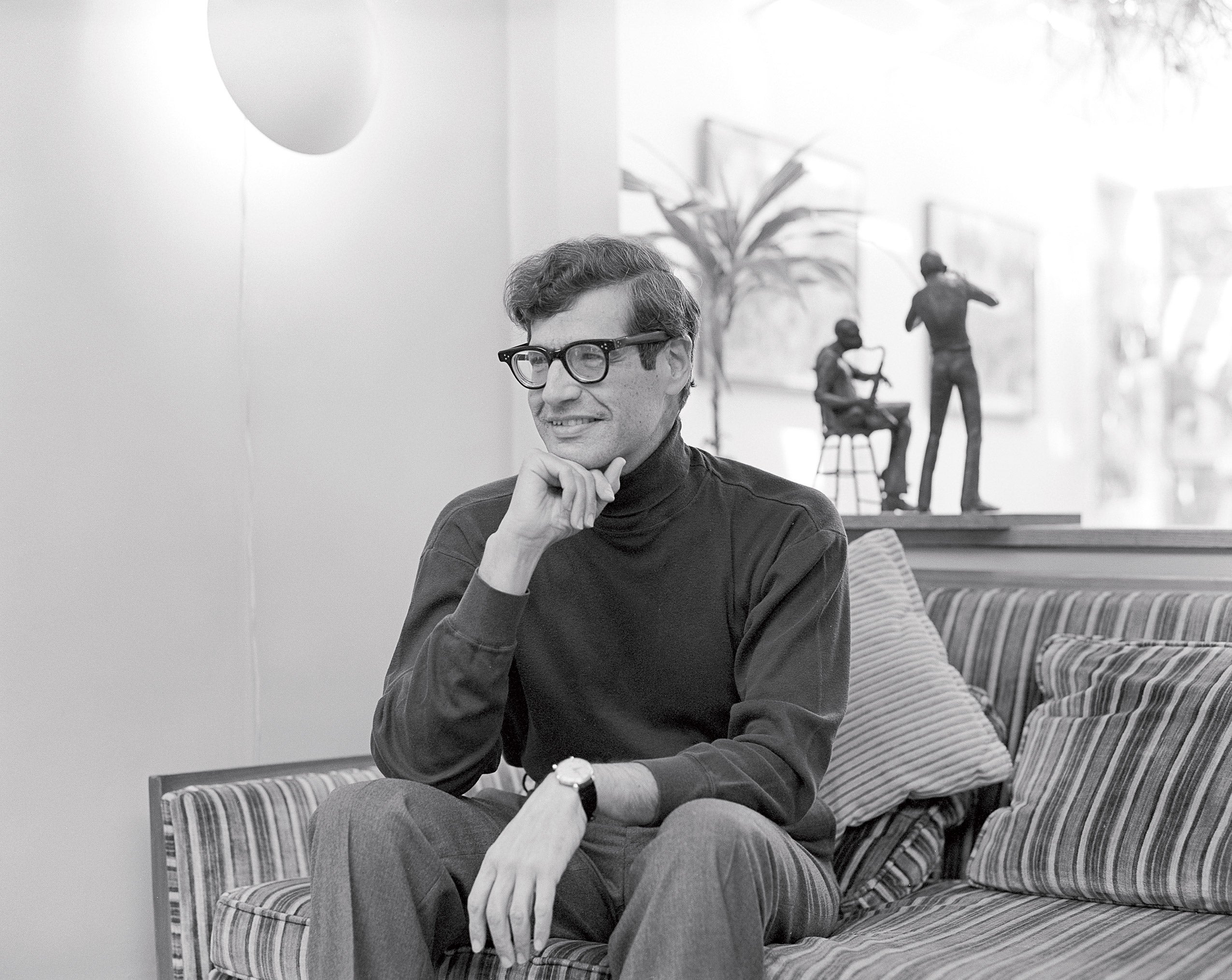A judgment, stated
By Amanda L. Tyler ’98
David Shapiro represents the true Renaissance man of legal academia. He has been a scholar, reformer, advocate, public servant and teacher, and at every turn, he has been a leader and model of excellence. There is much in his brilliant career to celebrate.
David is an icon of federal courts jurisprudence. He has published countless important articles on the subject, authored the celebrated book “Federalism: A Dialogue” and edited four of the five editions of the masterful “Hart and Wechsler’s Federal Courts and the Federal System.” Rarely has a legal work influenced so many. Indeed, I have it on good authority that a copy enjoys a prominent spot on the desk of at least one Supreme Court justice.
David’s significant contributions to federal courts jurisprudence led his fellow Hart and Wechsler editors, Daniel Meltzer [’75] and Richard Fallon, to dedicate the fifth edition to him. As the subject of the book’s dedication, David joins Felix Frankfurter, Henry M. Hart Jr., Henry Friendly and Herbert Wechsler—the “Federal Courts Hall of Fame.” He belongs in their company.
David’s impact, moreover, can be felt far and wide in the law. He has taught and written about statutory interpretation, civil procedure, administrative law, labor law and criminal law. Likewise, he has served as a reporter and adviser on several important American Law Institute projects.
David is also a lawyer’s lawyer. As deputy solicitor general in the first Bush administration, he argued 10 cases before the Supreme Court. He must have been a compelling advocate, for he won cases that, even with the benefit of hindsight, seemed like uphill battles. He has also collaborated on Supreme Court briefs throughout his career, work that continues even today.
In the classroom, David was serious, demanding and downright brilliant, yet somehow he also managed to convey a soft side that awakened joy in the enterprise of mastering the law. He finessed this balancing act by introducing, among other things, a good share of his legendary humor into his teaching. In my day, he commonly opened his civil procedure classes with hilarious movie reviews. (Indeed, if the law professor thing had not worked out, he could have made it big in stand-up.) He and his delightful wife, Jane, also displayed grand hospitality to his students, opening their home (which also served as Jane’s splendid art gallery) for drinks and lively conversation.
When I decided to become an academic myself (with David’s gracious encouragement and generous mentoring), I was asked during interviews if there was a model on which I would draw in my own teaching and scholarship. The answer was obvious. I could only hope to be half as good as David.
David’s departure from the classroom is to be regretted, because it means that no new students will join the legions, like me, who recall his classes with great fondness. But in David’s world, retirement does not mean slowing down. As I write this, he is hard at work on what undoubtedly will be another important article. It’s fair to say that David embodies Holmes’ credo (spoken on his 90th birthday): “The race is over, but the work never is done while the power to work remains.”
——————————————————————————————————————————-
Amanda L. Tyler ’98 is an associate professor at George Washington University Law School.
